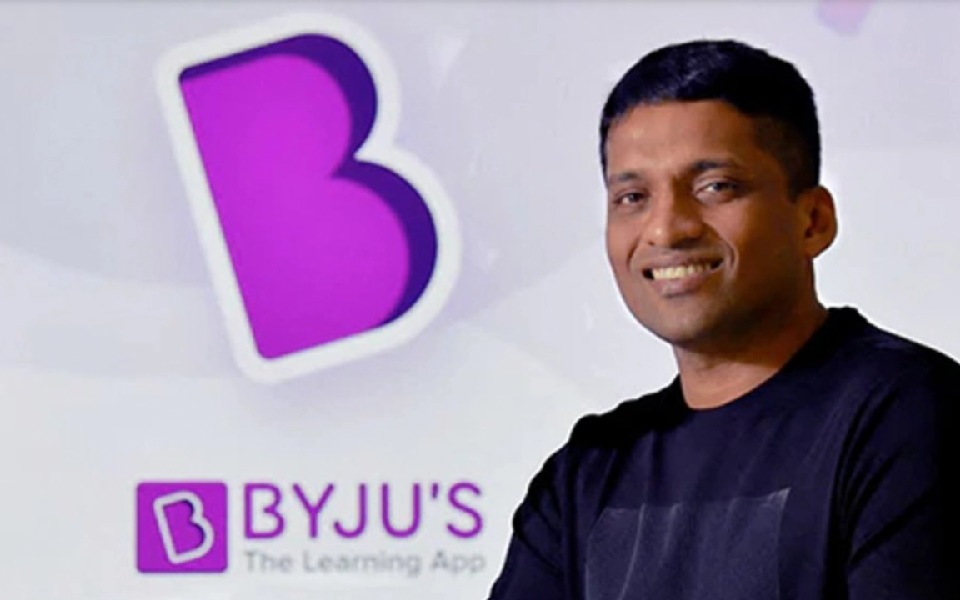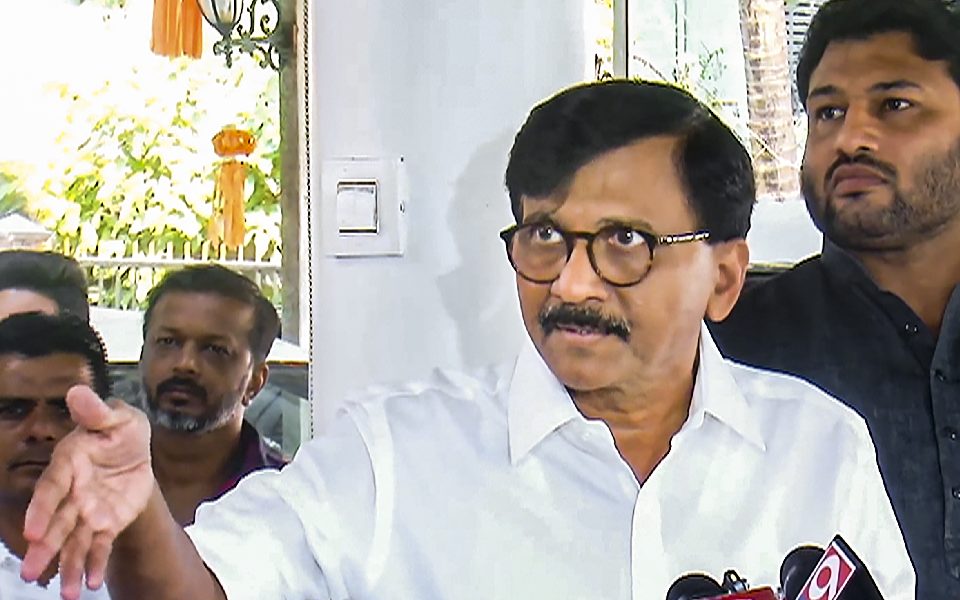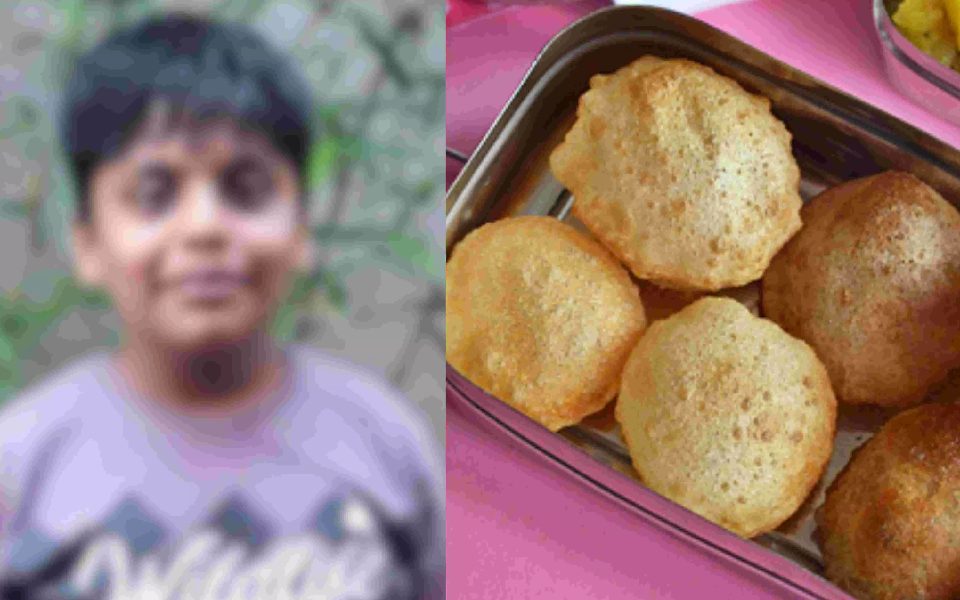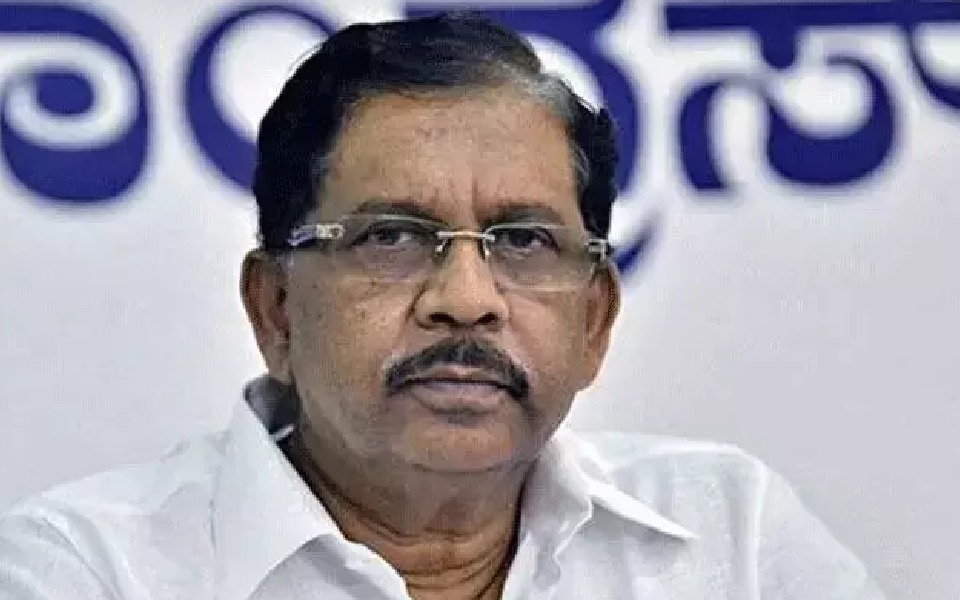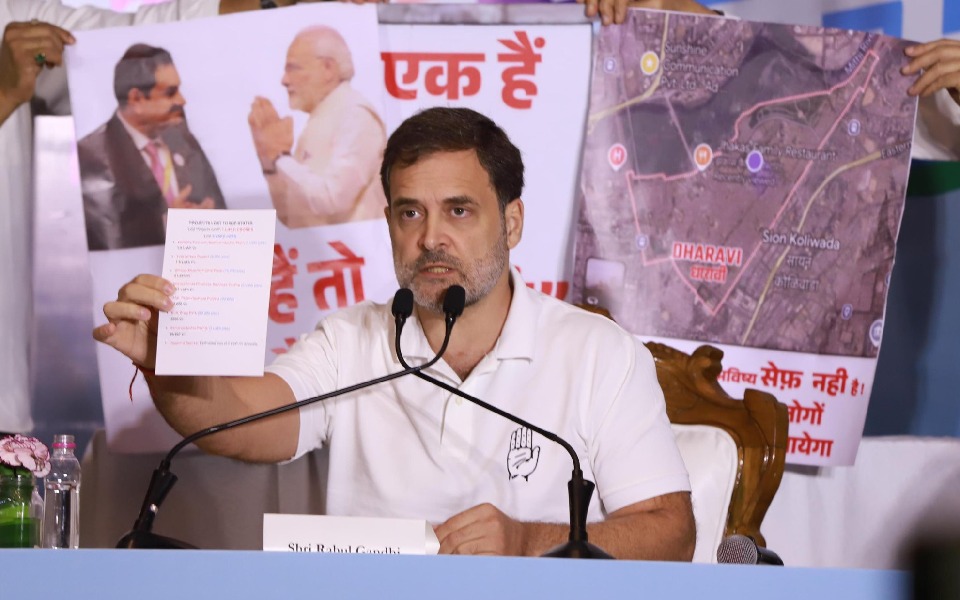New Delhi: Byju Raveendran, the founder of troubled edtech firm Byju's, on Thursday said that he is willing to pay back all the money owed to lenders if they are willing to work with him.
During a two-and-a-half-hour call with the media, Mr Raveendran said lenders will not get any money if the process of insolvency against the company continues.
"If they are willing to work with me, I am willing to give them money back before I take a single rupee out. We paid $140 million but they wanted the entire $1.2 billion which we had already committed or invested by then. There is no way we could have given them back for a long time. Most lenders wanted to settle but one or two wanted to make a killing out of it," Mr Raveendran said.
At present, Byju's is undergoing insolvency proceedings, triggered after the BCCI approached the National Company Law Appellate Tribunal to recover its ₹ 158.9-crore dues. The company settled the dispute with BCCI after paying the entire dues following which NCLAT revoked the insolvency proceedings.
However, US lenders through their agent Glas Trust challenged the NCLAT order in the Supreme Court which restored the insolvency proceedings against the edtech firm.
Byju's has raised a $1.2 billion Term Loan B (TLB)-- a loan which is issued by institutional investors --through its holding company Byju's Alpha, from US-based lenders.
The trouble for Think and Learn, which owns the Byju's brand, began after the lenders through Glas Trust approached Delaware Court of Chancery alleging default in the payments under the loan agreement and sought early payment of the $1.2-billion TLB.
The US-based lenders through Glas have filed claims of $1.35 billion dues in Indian courts during ongoing insolvency proceedings against the edtech firm.
In the latest statement, the lenders have raised their total claim to $1.5 billion.
Mr Raveendran said that no money raised from US lenders has come to India as it also needs permission from the Reserve Bank of India.
He said that there are some aggressive lenders who initiated a case against the company and they don't care about stakeholders in the business as it is their business model to make money out of distress.
Mr Raveendran said that all the deals and acquisitions were approved by the Byju's board, which included leading investors.
"Most of the acquisitions were brought in by the investors and we got carried away. Investors wanted us to launch in 40 countries together. Investors celebrated when we raised a $1.2-billion loan," Mr Raveendran said.
Byju's board member representing Peak XV Partners, earlier known as Sequoia Capital India, Prosus and Chan Zuckerberg Initiative resigned from the company in June 2023.
Mr Raveendran said that investors resigned from the board after Glas Trust filed a case in the Delaware court assuming that the liability to pay back the loan would fall on them.
He said that, over the years, only managers have left the company and five out of six owners of Byju's are still with the firm.
Mr Raveendran said that he is hopeful of making a big comeback after the insolvency issue is resolved.
"Our subsidiary has not taken any hits. At a consolidated level, we will have more than ₹ 5,000 crore in revenue. We are struggling in the core business which has become zero. Still, there are 200 million kids who come to our platform every month. We have to revamp and revive," he said.
Mr Raveendran said that whatever may be the result of litigation, he will continue to teach and nobody could stop him from teaching students.
"Investors will come back when they see value," he said.
Let the Truth be known. If you read VB and like VB, please be a VB Supporter and Help us deliver the Truth to one and all.
Mumbai, Nov 25: Shiv Sena (UBT) MP Sanjay Raut on Monday demanded a re-election in Maharashtra using ballot papers, claiming there were irregularities with the electronic voting machines (EVMs).
Talking to reporters, Raut alleged several complaints about EVMs malfunctioning and questioned the integrity of the recently held elections.
The BJP-led Mahayuti won 230 out of 288 seats in the assembly elections, while the opposition Maha Vikas Aghadi managed 46 seats, with Shiv Sena (UBT) winning just 20 out of 95 seats it contested.
"We have received nearly 450 complaints regarding EVMs. Despite raising objections repeatedly, no action has been taken on these issues. How can we say these elections were conducted fairly? Hence, I demand that the results be set aside and elections be held again using ballot papers," Raut said.
Citing some instances, he said a candidate in Nashik reportedly received only four votes despite having 65 votes from his family, while in Dombivli, discrepancies were found in EVM tallies, and election officials refused to acknowledge the objections.
The Sena (UBT) leader also questioned the credibility of the landslide victories of some candidates, saying, "What revolutionary work have they done to receive more than 1.5 lakh votes? Even leaders who recently switched parties have become MLAs. This raises suspicions. For the first time, a senior leader like Sharad Pawar has expressed doubts about EVMs, which cannot be ignored."
Asked about the MVA's poor performance in the elections, Raut rejected the idea of blaming a single individual.
"We fought as a united MVA. Even a leader like Sharad Pawar, who commands immense respect in Maharashtra, faced defeat. This shows that we need to analyse the reasons behind the failure. One of the reasons is EVM irregularities and the misuse of the system, unconstitutional practices, and even judicial decisions left unresolved by Justice Chandrachud," he said.
Raut stressed that though internal differences might have existed within the MVA, the failure was collective.
He also accused the Mahayuti of conducting the elections in an unfair manner.
"I cannot call the elections fair given the numerous reports of discrepancies in EVMs, mismatched numbers, and vote irregularities across the state," Raut said.

